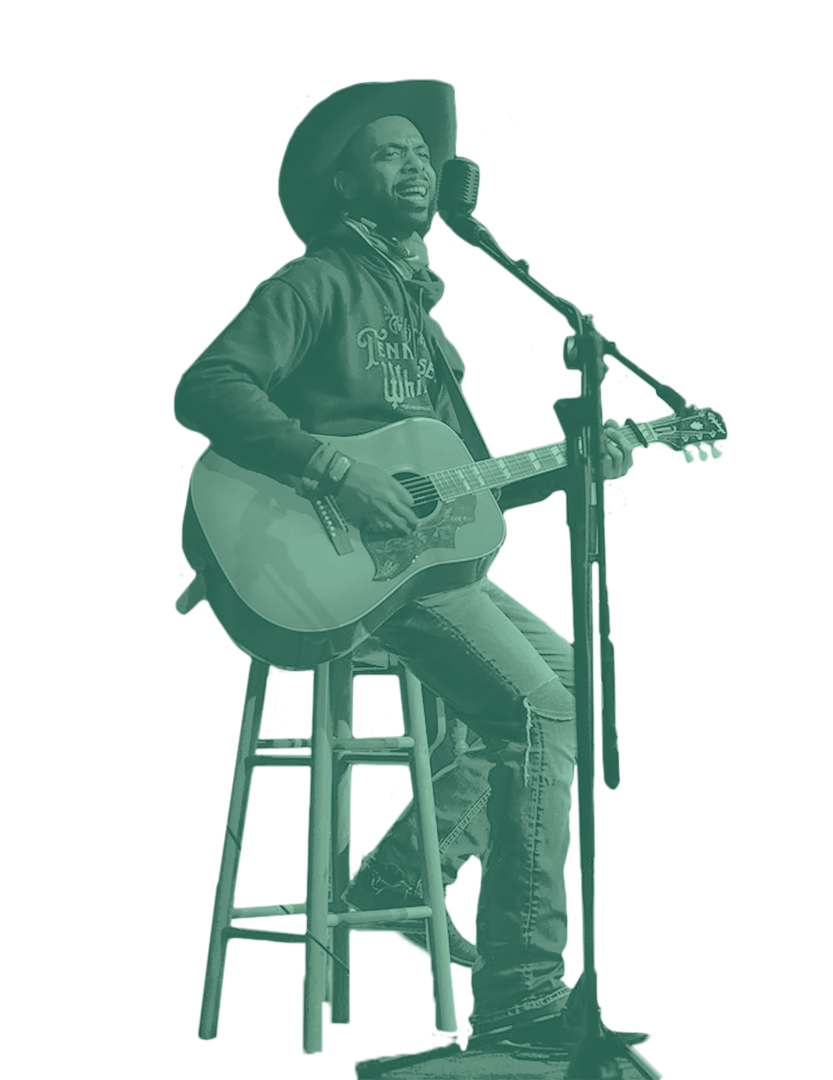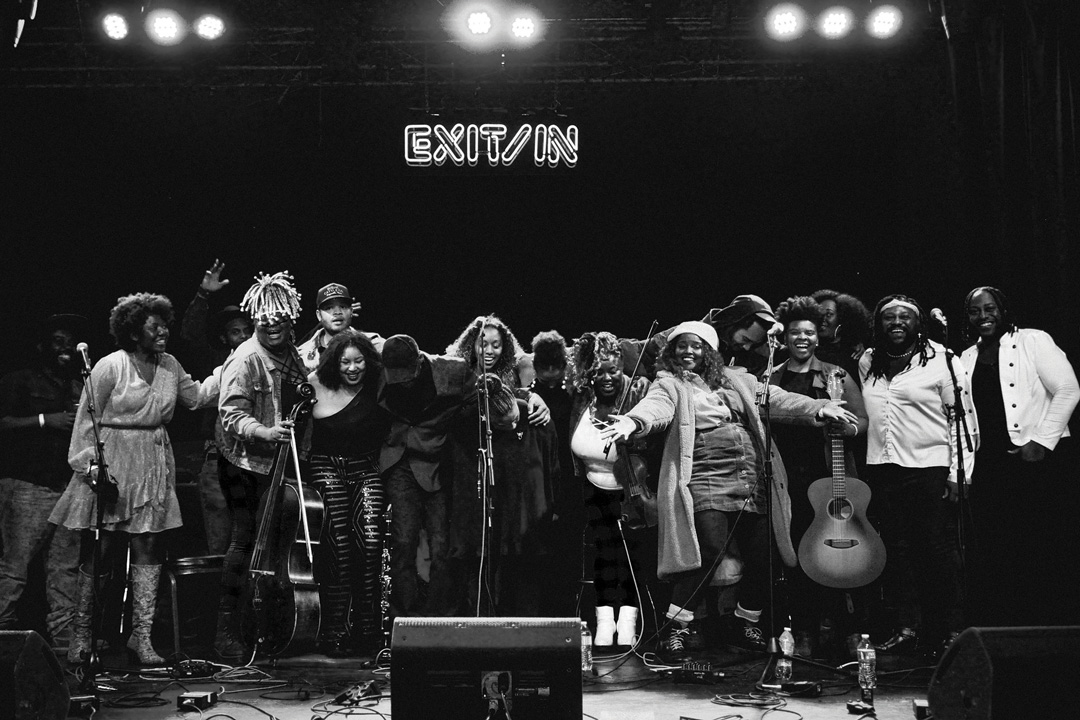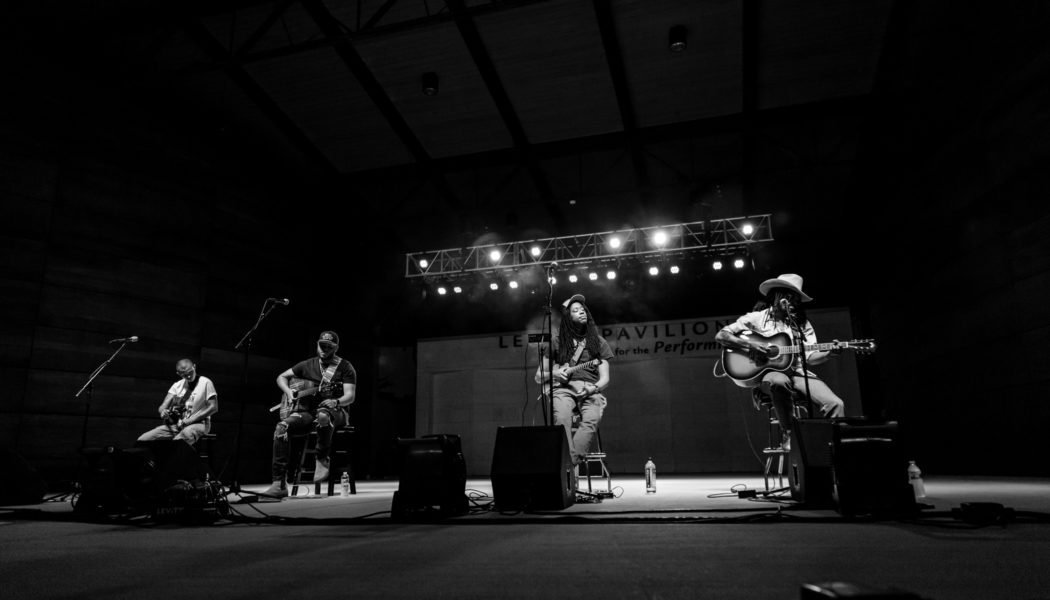Making country music an industry for everyone.
Cover photo by Jose Guererro
Music is for everyone. And should be for everyone. With space for all to feel welcomed, encouraged and included in one of America’s most famous music genres. Someone working to carve out a space for people of color in country and Americana is Holly G. She’s the founder and co-director of Black Opry, a platform and community that showcases Black country and Americana artists. Holly G is working around institutional racism to get artists and professionals the work, space and support they deserve. She was kind enough to sit down with Whalebone and walk us through Black Opry’s inception and where it might be leading the future of country.
Whalebone: Let’s start with the reason you started Black Opry in the first place.
Holly G: It all traces back to when the Billboard charts were split into Hillbilly Music and Race Records in the 1920s. They didn’t want white and Black people on the same charts, so Hillbilly Music became country and Race Records became R&B. So there is systematic racism baked into the industry from its very inception. There has never been any significant work to rectify this or create any change that would resolve the lack of diversity because they’ve been making tons of money, so they have no incentive. It works for the people in charge so they have been able to ignore the voices of others.

WB: How did you come up with the idea for the Black Opry?
HG: I was inspired to create the Black Opry after finding Rissi Palmer and seeing the work she was doing with her radio show Color Me Country. That was the only platform I could find doing anything to serve artists of color in country music. It has been an honor to follow in her footsteps and create something to serve our community.
WB: As Black Opry gets older, how do you wish to see it grow and evolve?
HG: I could never have pictured this as the future when this began, so it’s really difficult to imagine what the future may hold. Black Opry has taken on its own life and it’s just my job to make sure it stays on the tracks, wherever it goes. As I’m now able to work on Black Opry full-time I’m excited to see how much more we can do.
WB: Tell us about the community you have created and how it benefits artists of color.
HG: For so long any Black person, artist or fan, who expressed interest in country music was made to feel like they were the only one. Everyone who has come into our space can speak to that experience. So to now have such a huge community of us defying that myth feels really good. It’s therapeutic to realize you’re not alone. The industry breeds a scarcity mentality in artists and attempts to make them feel like someone else’s success will lead to their failure. Our artists have come together and proved that to be wrong. They all now have a whole team of people celebrating all of their wins. It’s really special to be a part of.

WB: Favorite Dolly Parton song to belt out on stage?
HG: If I got on stage and belted out anything, Black Opry’s days would be numbered. I, myself, am not an artist. We recently got the chance to go perform at the Country Music Hall of Fame and The Kentucky Gentlemen, Julie Williams, Aaron Vance and Nikki Morgan did a cover of “Jolene” and it blew everyone in the room away.
WB: The most rewarding part of establishing Black Opry and seeing it grow into such a powerful community?
HG: The most rewarding part for me is when I see the artists building relationships and working with each other outside of Black Opry events. That speaks so much about how authentic this community is and how important it is for them to have.

WB: A few of your favorite performers at Black Opry?
HG: It’s hard to pick favorites because everyone is so special and brilliant in their own ways. I will say one artist who has performed for us that I’ve been so lucky to learn from is Kam Franklin. She’s such a powerhouse of knowledge and talent. It’s always incredible when she comes to share the stage with us.

